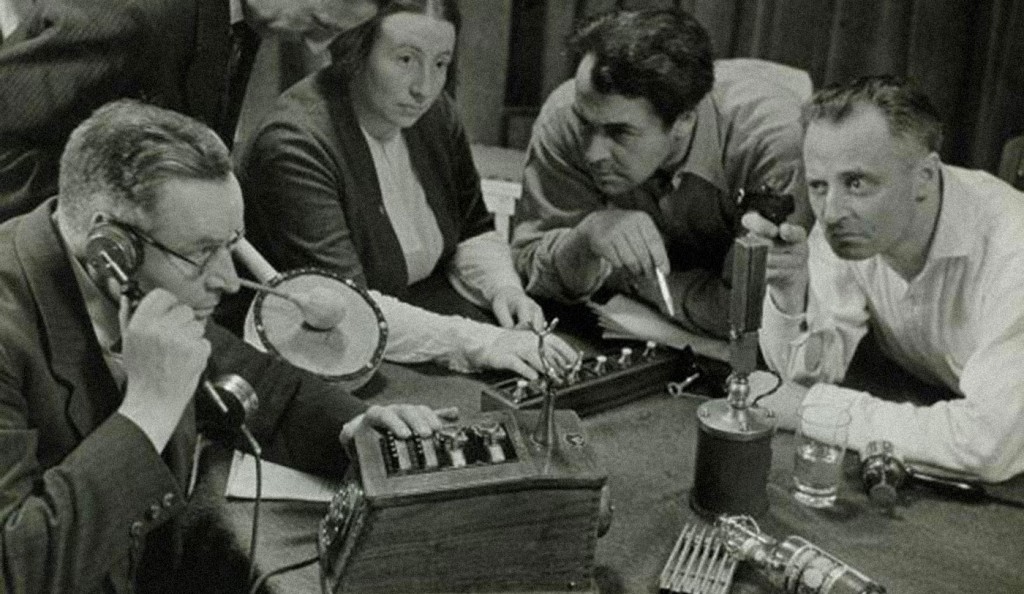Apple CEO Tim Cook has made no secret of his disdain for online services that ask you to trade highly personal data for convenience — a trade that describes most big advertising-supported technology companies. But last night, in some of his strongest comments to date, Cook said the erosion of privacy represents a threat to the American way of life. Cook spoke at a dinner in Washington, DC, hosted by the Electronic Privacy Information Center, which honored him as a “champion of freedom” for his leadership at Apple.
“Our privacy is being attacked on multiple fronts,” Cook said in a speech that he delivered remotely, according to EPIC. “I’m speaking to you from Silicon Valley, where some of the most prominent and successful companies have built their businesses by lulling their customers into complacency about their personal information. They’re gobbling up everything they can learn about you and trying to monetize it. We think that’s wrong. And it’s not the kind of company that Apple wants to be.”












Last Comments